What Your Home Contractor Wants You to Know About Composite Decks
When it comes to enhancing your outdoor living space, choosing the right decking material can make a significant difference in both the aesthetics and functionality of your deck. Composite decking has become a popular choice among homeowners and home contractors for its durability, low maintenance, and long-term value. Understanding the qualities of composite decks and how they compare to traditional wood can help you make an informed decision for your home. In this article, we'll explore the key aspects of composite decking, including its materials, advantages, and how it stacks up against traditional wood options.
Composite Deck Materials
Composite decks are made from a blend of wood fibers and plastic materials, offering a versatile alternative to traditional wood decking. These materials are designed to mimic the appearance of natural wood while providing enhanced durability and resistance to the elements. Unlike conventional wood decks, which can suffer from rot, splintering, and insect damage, composite decks are engineered to withstand various weather conditions and require less upkeep. The combination of wood and plastic not only extends the lifespan of the deck but also makes it a more sustainable option. Home contractors often recommend composite decking for its low maintenance needs and long-term value.
Composite decking materials are primarily made from a combination of reclaimed wood fibers and high-density polyethylene (HDPE). This mixture creates a product that is both durable and adaptable, reducing the likelihood of warping or cracking. The manufacturing process compresses these materials under high pressure to produce dense, resilient planks that maintain their color and texture over time. Home contractors value the reliability of composite decking for its predictable installation and fewer unforeseen issues. According to BankRate, composite decks offer an average ROI of 38.2%. Additionally, with a diverse selection of colors and finishes, composite decks can be tailored to suit various design preferences while ensuring long-lasting durability.
Advantages of Choosing Composite Decking
Composite decking offers several advantages over traditional wood, primarily due to its durability and low maintenance requirements. One of the main benefits is its resistance to weather-related damage, such as fading, staining, and moisture absorption. Composite decks are designed to withstand harsh environmental conditions, making them an excellent choice for homeowners looking for a long-lasting solution. Additionally, composite materials do not require regular sealing or staining, which significantly reduces the time and cost associated with deck upkeep. Home contractors frequently highlight these benefits when discussing options with clients, emphasizing how composite decks can enhance outdoor living spaces with minimal effort.
In more detail, composite decking’s resistance to rot and pests is a significant advantage. Unlike wood decks, which can be vulnerable to termites and other insects, composite materials are impervious to such threats. This means that homeowners won't have to deal with the same level of maintenance or repairs that wood decks often require. Furthermore, many composite decking products come with long-term warranties, offering additional peace of mind regarding their performance and longevity. Home contractors often point out that the initial investment in composite decking is offset by the savings in maintenance and repair costs over the years, making it a financially sound choice for many homeowners.
Composite Decking vs. Traditional Wood
When evaluating decking options, comparing composite decking to traditional wood is essential to making an informed decision. Composite decking is designed to offer a similar look to wood but with enhanced durability and less maintenance. Traditional wood decks, while visually appealing, often come with a set of challenges including susceptibility to rot, splintering, and color fading. These issues necessitate regular upkeep such as staining and sealing, which can be time-consuming and costly. Home contractors often recommend composite decking for those seeking a more practical alternative that maintains its appearance with minimal effort.
Specifically, composite decking outperforms traditional wood in several key areas. Wood decks typically require annual maintenance to address issues like moisture damage and insect infestations, which can compromise their structural integrity and appearance over time. In contrast, composite decks are engineered to resist such problems, reducing the need for frequent maintenance. Additionally, composite decking materials are less likely to fade or change color compared to wood, which can lose its vibrancy after prolonged exposure to the sun. Home contractors often emphasize these differences when discussing the benefits of composite decking, showcasing its ability to offer long-term value and reliability without the ongoing maintenance demands of wood.
Cost Considerations: Initial Investment vs. Long-Term Savings
When deciding between composite decking and traditional wood, cost considerations play a crucial role. Composite decking generally involves a higher initial investment compared to wood. However, this upfront cost is balanced by significant long-term savings due to reduced maintenance and repair needs. Unlike wood decks, which require regular staining, sealing, and potential repairs, composite decks are designed to be virtually maintenance-free. Home contractors frequently point out that while the initial price of composite decking might be higher, the overall cost-effectiveness becomes evident over time due to the lower maintenance requirements and longer lifespan.
In practical terms, the long-term savings associated with composite decking can be substantial. For instance, homeowners can save on the cost of materials and labor for annual upkeep, such as power washing and sealing, which are necessary for wood decks to maintain their condition. Composite decks, on the other hand, require only occasional cleaning to keep their appearance intact. Home contractors often provide a detailed cost comparison, including the potential savings on maintenance and repair costs, to help clients understand the financial benefits of choosing composite decking. This comprehensive view can assist homeowners in making a more informed decision that aligns with both their budget and long-term goals.
Environmental Impact and Sustainability
The environmental impact of decking materials is an increasingly important consideration for many homeowners. Composite decking is often viewed as a more sustainable choice compared to traditional wood. Made from a combination of recycled wood fibers and plastic, composite decks help reduce the demand for virgin timber and minimize waste. This makes them a more eco-friendly option, particularly for those concerned about deforestation and resource depletion. Home contractors who prioritize sustainability often advocate for composite decking as a responsible choice that aligns with environmental stewardship.
Specifically, the production of composite decking involves using recycled materials, which helps divert waste from landfills and reduces the overall environmental footprint. Additionally, composite decks do not require chemical treatments or preservatives that are often used with wood to prevent rot and insect damage. This further reduces the environmental impact associated with decking materials. Home contractors are increasingly highlighting the sustainability of composite decking to clients who are environmentally conscious, emphasizing how choosing such materials supports a greener approach to home improvement. By opting for composite decking, homeowners can contribute to environmental conservation while enjoying a durable and attractive outdoor space. In addition to its practical benefits, composite decking offers environmental advantages by utilizing recycled materials and reducing the need for harmful chemical treatments. This aligns with the increasing demand for sustainable and eco-friendly home improvements.
By considering the long-term savings, durability, and environmental impact of composite decking, you can make a well-informed choice that enhances your home’s value and aligns with your lifestyle needs. Consulting with a knowledgeable
home contractor like one on our team at Deck Soldier can provide valuable insights and help ensure that you select the decking option that best fits your budget and preferences. Ultimately, investing in composite decking can provide you with a beautiful and functional outdoor space that stands the test of time, reflecting both quality and sustainability.

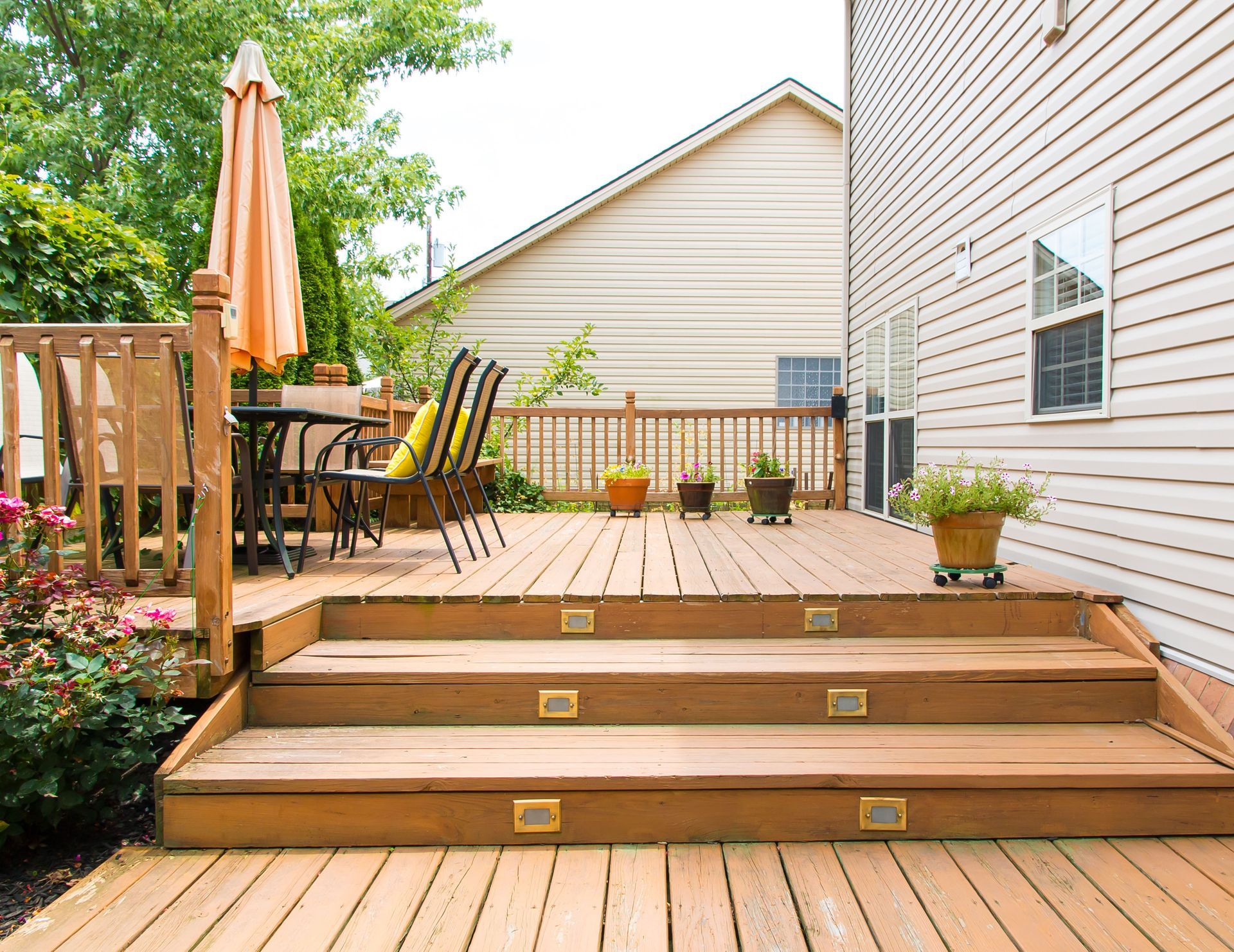
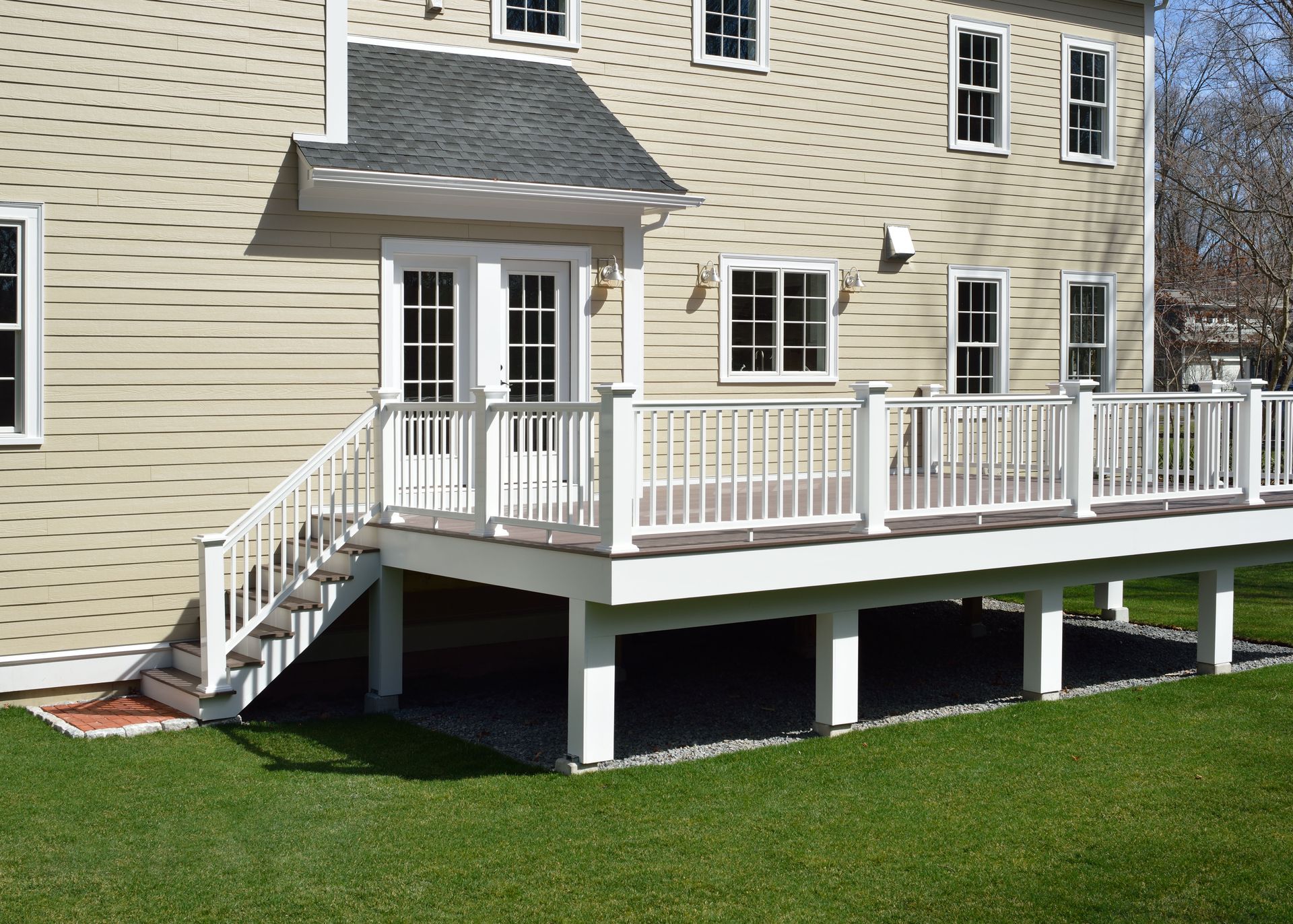
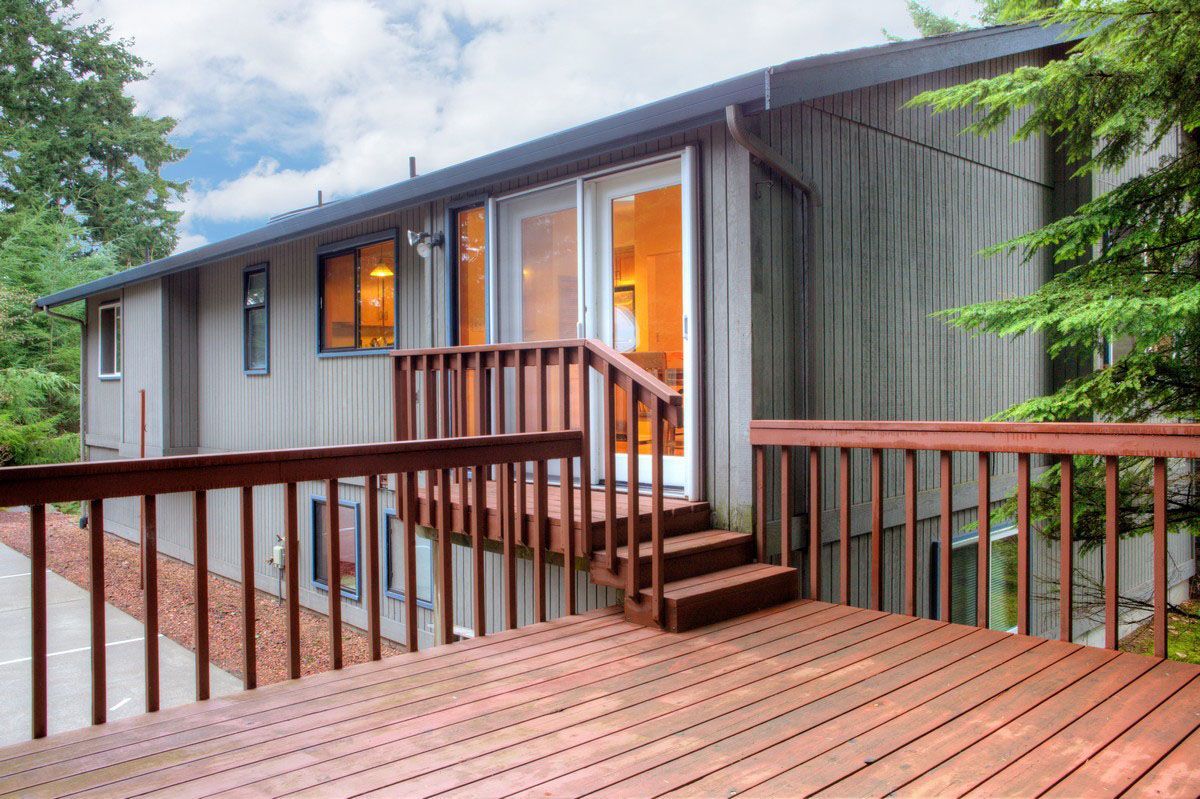
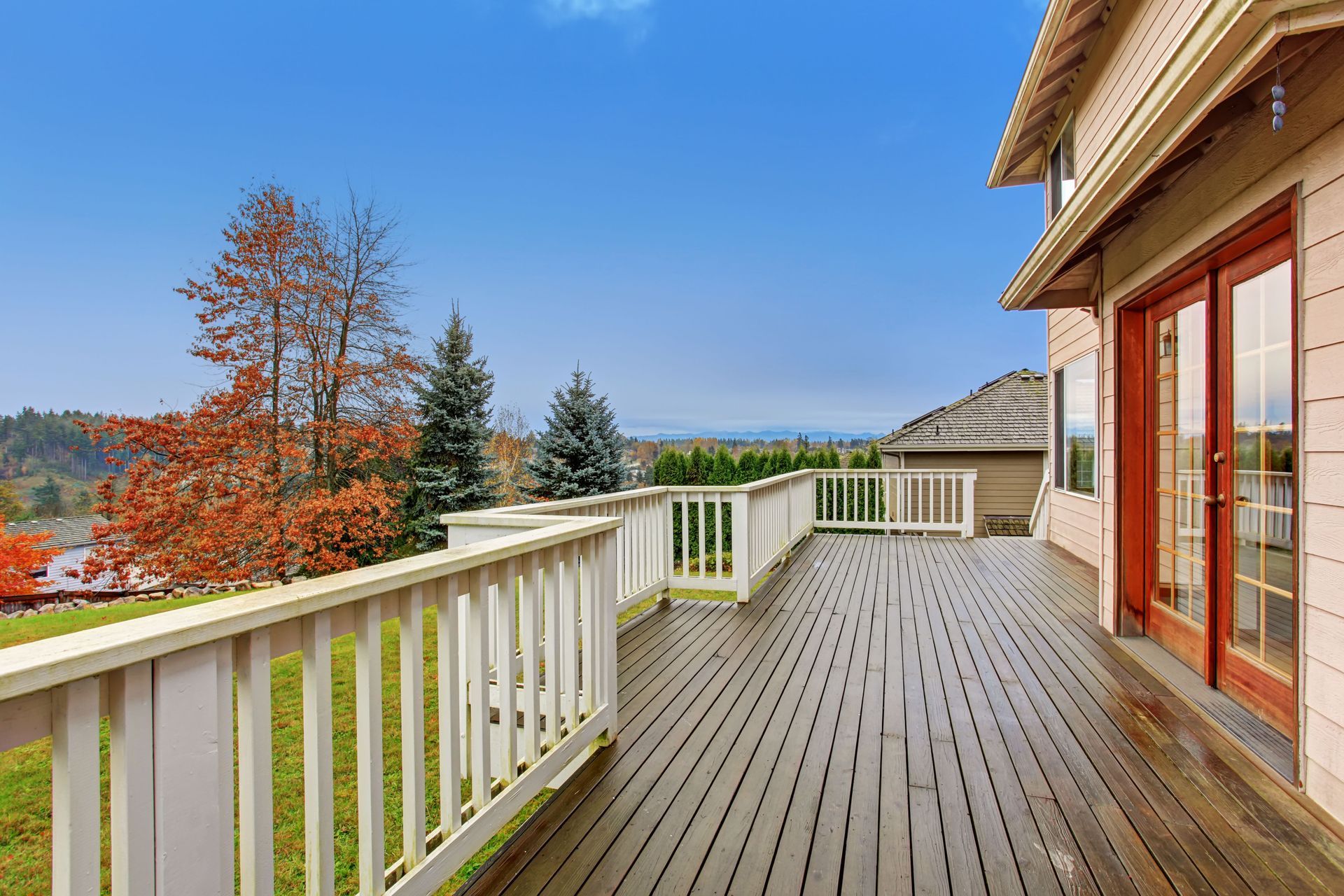
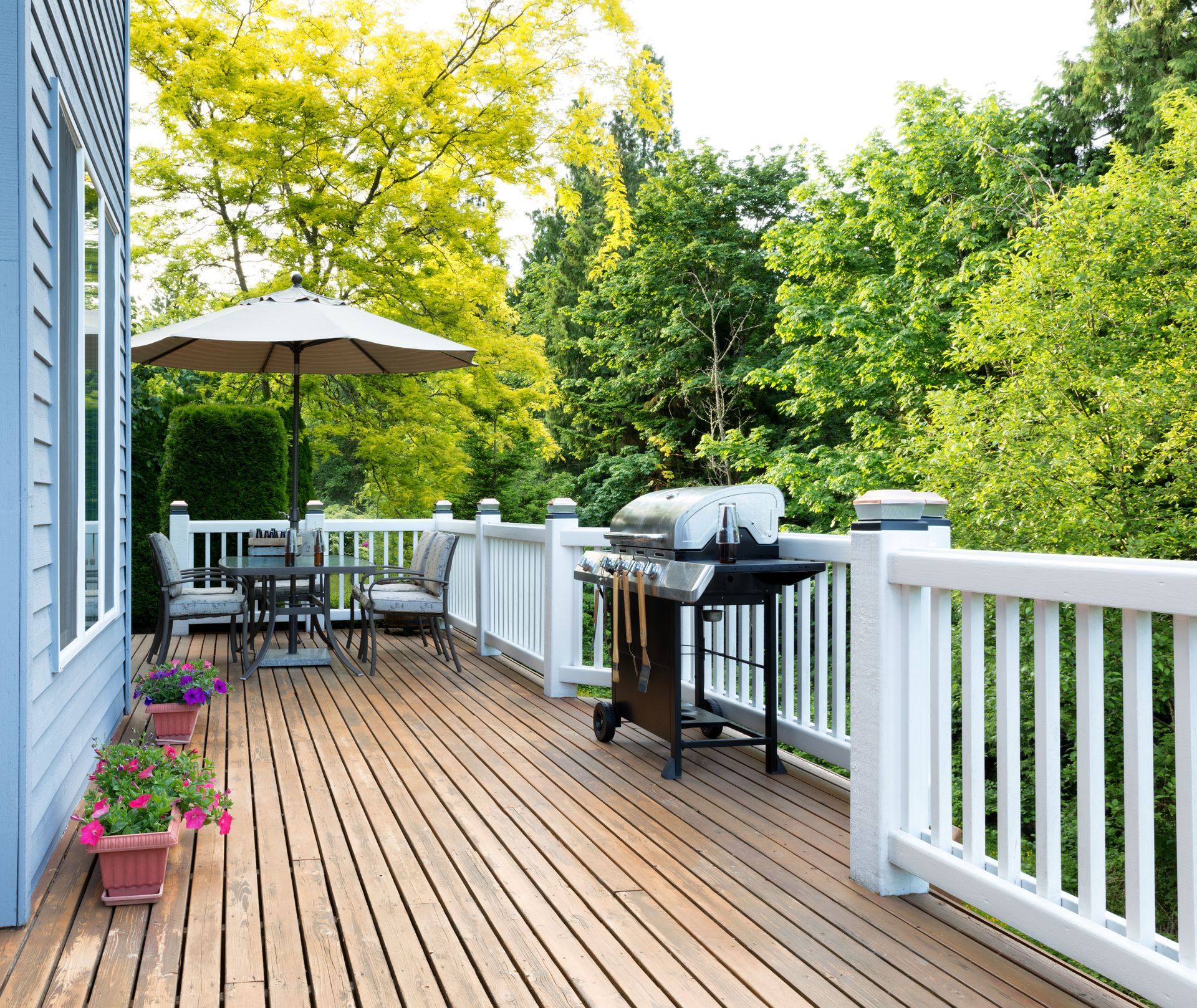
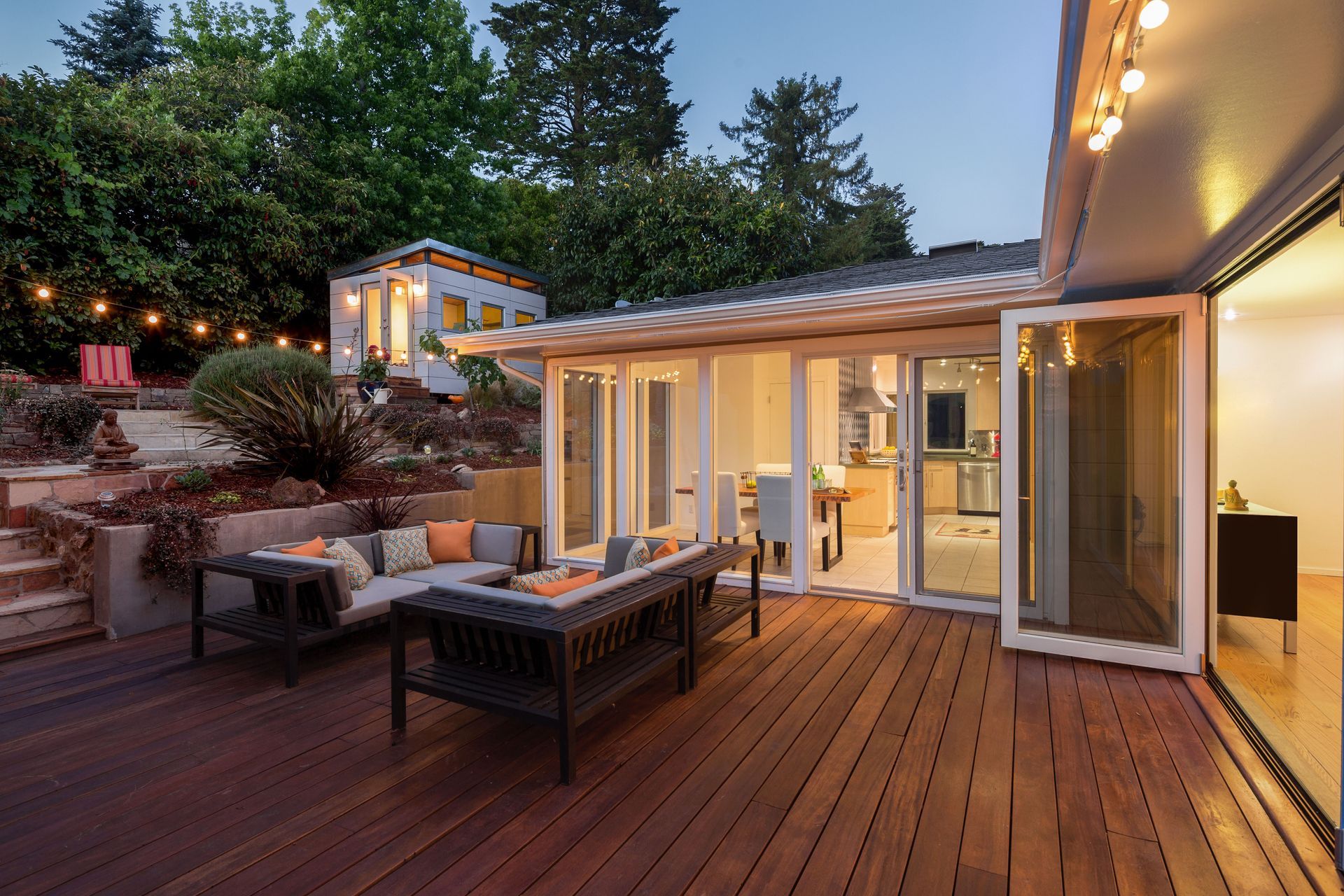
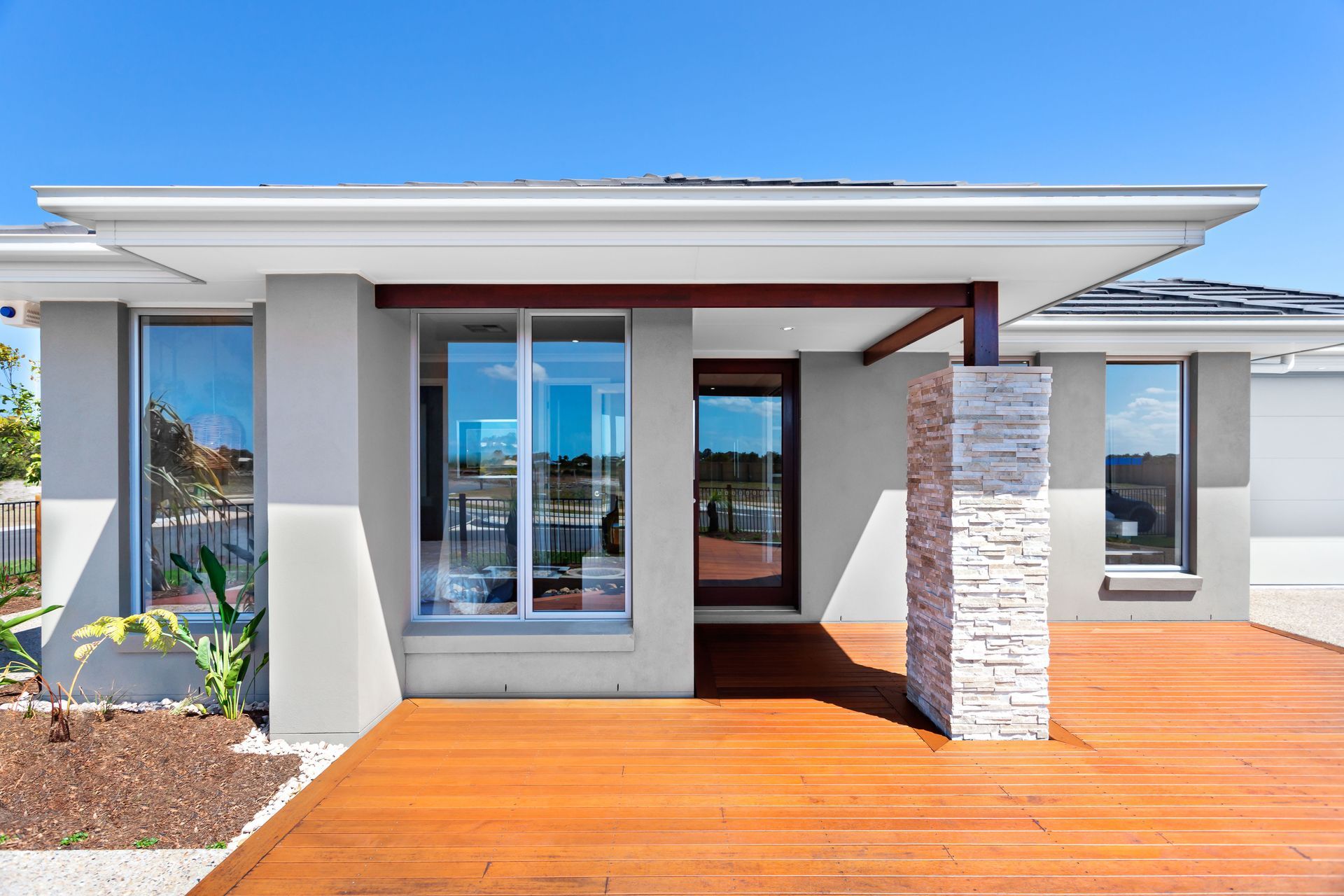
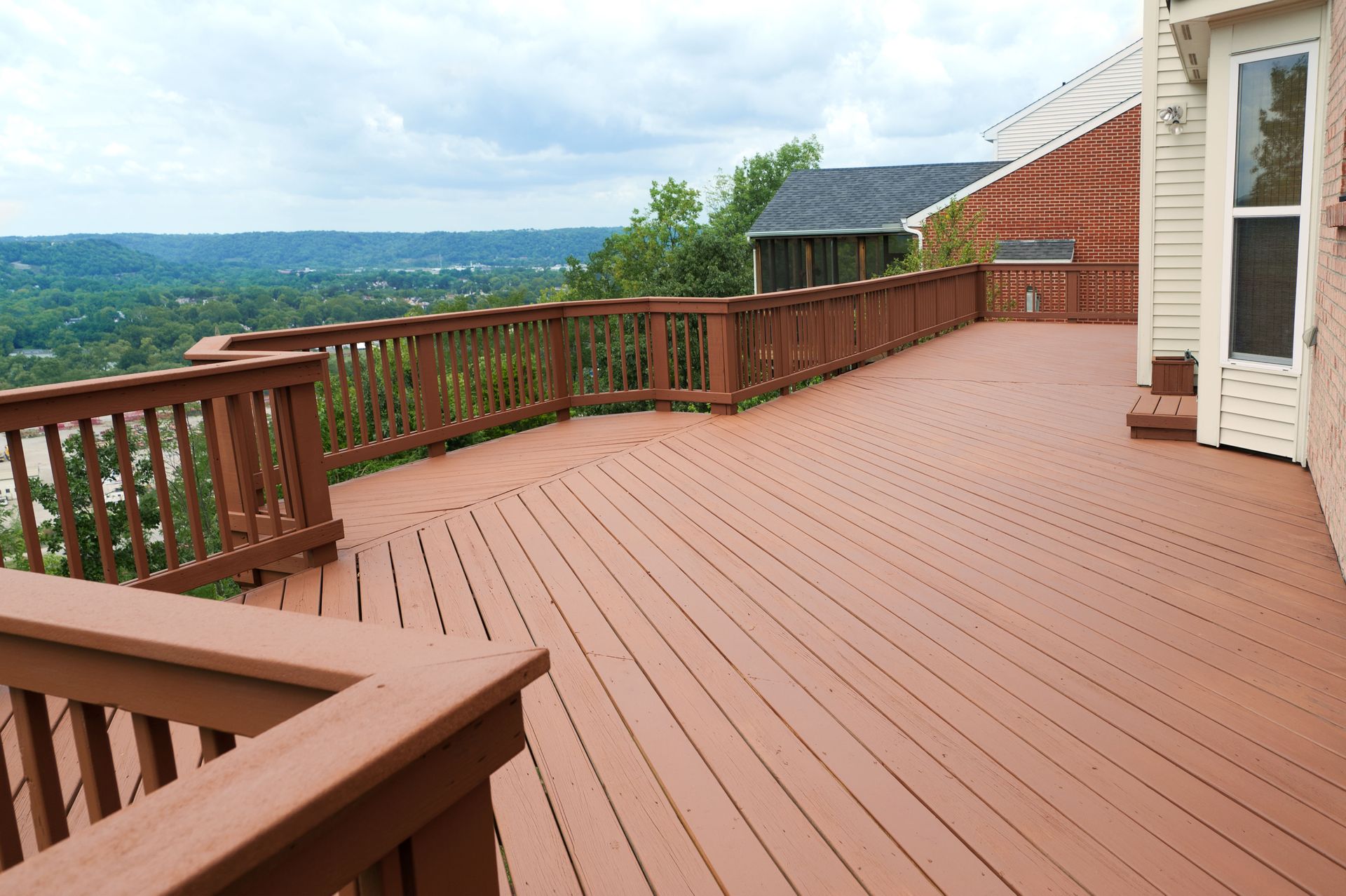
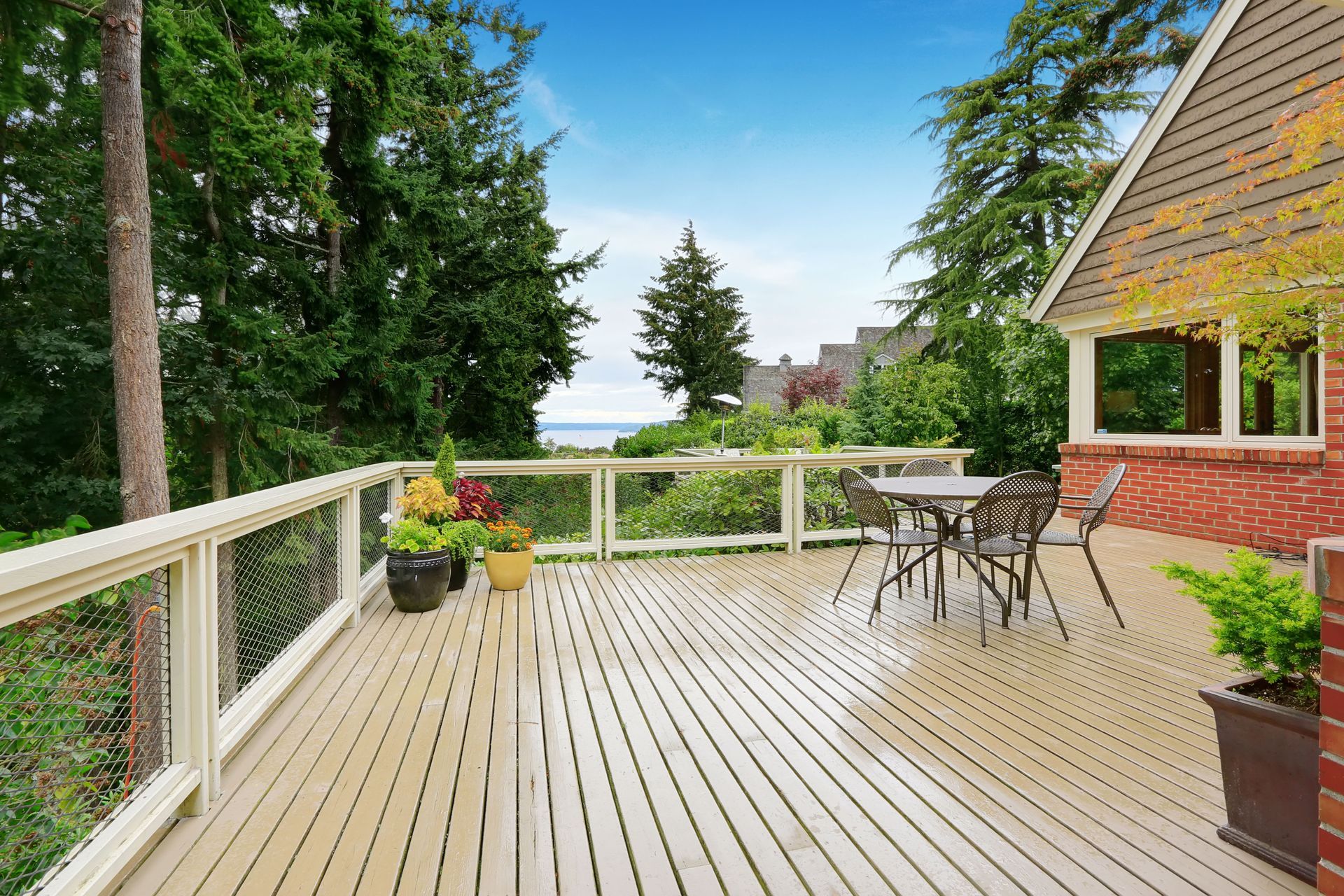
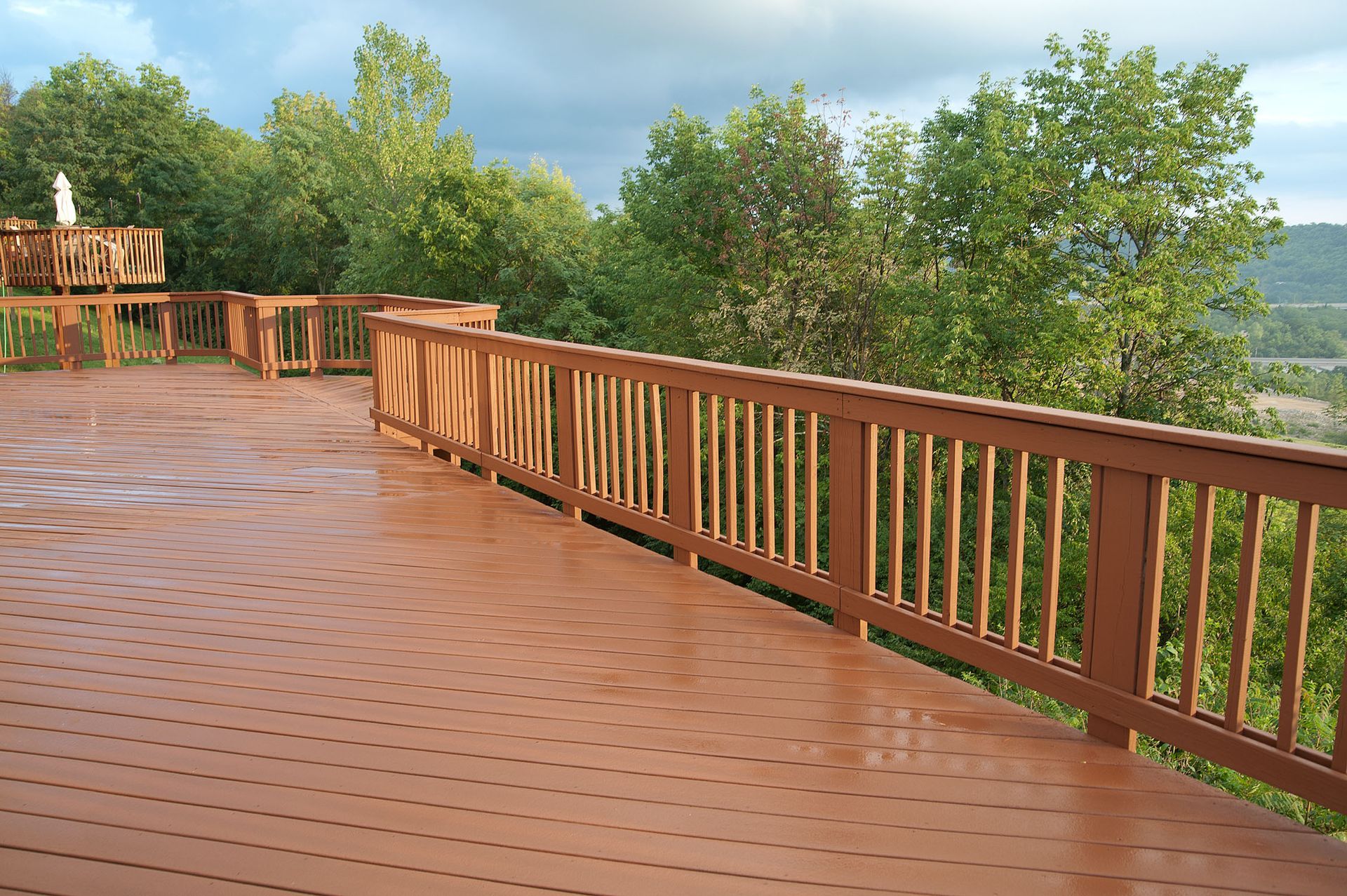

Share On: